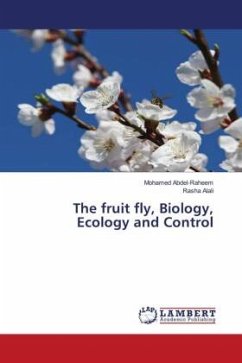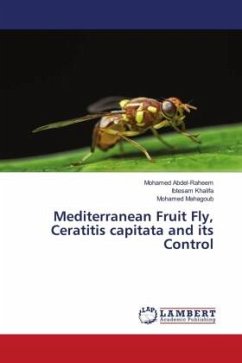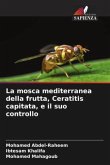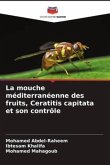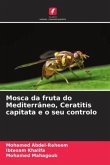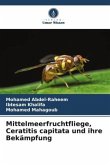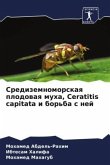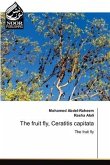The fruit fly, Ceratitis capitata is a highly invasive species. It has a high dispersive ability, a very large host range and a tolerance of both natural and cultivated habitats over a comparatively wide temperature range. It has a high economic impact, affecting production, control costs and market access. It has successfully established in many parts of the world, often as a result of multiple introductions. Frequent incursions into North America require expensive eradication treatments and many countries maintain extensive monitoring networks. Ceratitis capitata is considered a major tephritid fruit fly pest of economic importance attacking more than 300 different hosts, primarily temperate and subtropical fruits. The medfly as it is commonly called has invaded many countries and caused major economic losses for fruit farmers. C. capitata has the ability to tolerate cooler climates better than most other species of fruit flies. It lays its eggs under the skin of fruit, usuallyaround already broken skin. Due to this reproduction habit, C. capitata thrives in agricultural areas where fruit is left out and becomes damaged.
Bitte wählen Sie Ihr Anliegen aus.
Rechnungen
Retourenschein anfordern
Bestellstatus
Storno

